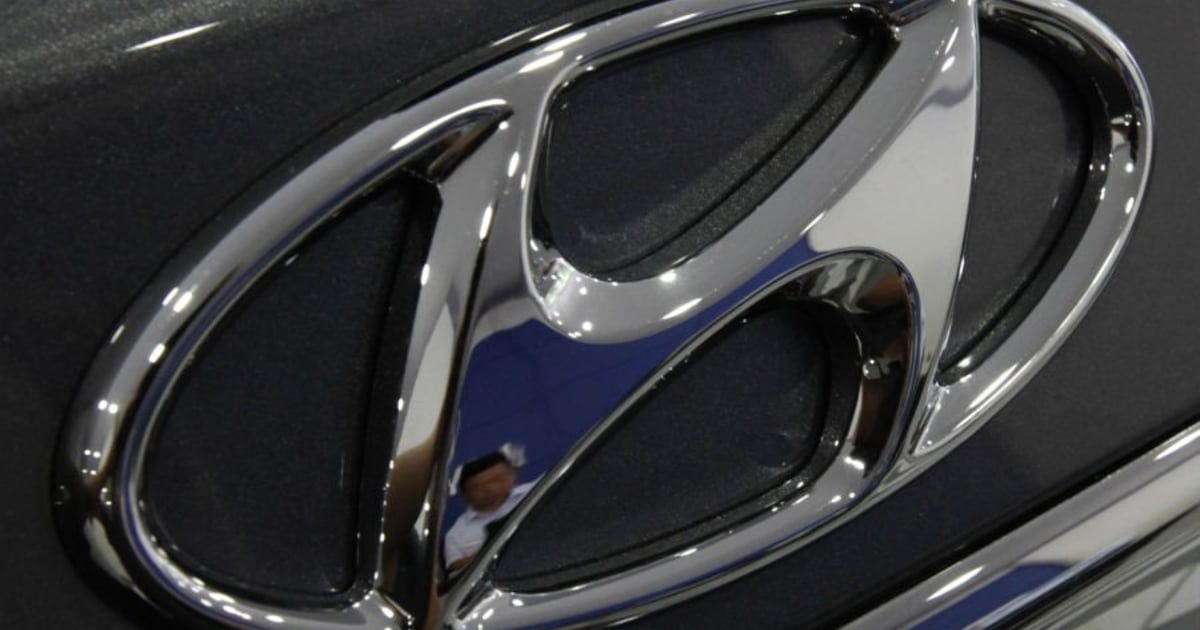
Hyundai Motor Co. said it will invest 10.5 trillion won ($8.5 billion) in 2023 as it moves to electrify more of its fleet to meet rising consumer demand for cleaner cars.
The money will be spent primarily on research and development and on building a new plant n the U.S., the automaker said.
The 2023 investment compares with a spend of around 8.5 trillion won in 2022.
The company on Thursday increased dividends in an unusual move for the automaker, after operating profit more than doubled in the October-December quarter.
“Favorable foreign-exchange rates and higher sales of value-added cars led the growth for 2022,” Hyundai Executive Vice President Seo Gang-Hyun said on an earnings call.
He added the global chip shortage that has hampered automakers since late 2020 should ease in 2023. The company’s marketing costs may rise as competition intensifies, he said.
Hyundai earlier this month said it aims to sell 4.3 million cars globally this year, or about 10 percent more than 2022. Affiliate Kia is also targeting growth of 10 percent for a total of 3.2 million vehicles.
Combined, Hyundai and Kia rank as the world’s third-largest automaker behind Toyota Motor Corp. and Volkswagen Group.
Hyundai said it expects to have solid back order demand in major car markets and forecast robust growth in electric vehicle sales, including in the U.S. where regulatory concerns have clouded its outlook.
The company is targeting a 54 percent jump in EV sales in 2023 to 330,000 globally and said it wants its U.S. EV sales to climb 150 percent to 73,000 to account for 9 percent of its U.S. vehicle sales.
It expects a 9.6 percent jump in overall North American vehicle sales and a 21 percent surge in China vehicle sales.
Sales in North America rose 21 percent in the last quarter, while volume slumped 19 percent in China and Europe sales were little changed.
Operating profit for the three months ended Dec. 31 more than doubled to 3.4 trillion won from a year earlier. Net profit tripled to 1.7 trillion won on a 24 percent climb in revenue. The profit growth looked particularly strong as Hyundai booked one-off costs in the same period a year earlier.
Quarterly sales jumped to 38.5 trillion won, up 24 percent from the previous year.
Hyundai on Thursday raised its cash dividend to 3.8 percent for holders of its common stock and 7.6 percent for preferred shareholders. The payout for 2023 will be similar or higher than 2022, it said.
Hyundai is targeting revenue growth of 10.5 percent to 11.5 percent this year. It flagged potential improvement in its operating profit margin, predicting a margin between 6.5 percent and 7.5 percent, compared with 6.9 percent last year.
In North America, Hyundai is negotiating to ease concerns over President Joe Biden’s climate and energy bill that requires automakers to assemble EVs in the country to be eligible for tax credits.
Hyundai and Kia say the law puts them at a disadvantage because they do not have any EV plants in the U.S.
Hyundai said in May that it’s investing $5.5 billion to build an electric-car assembly and battery plant near Savannah, Ga., with the project expected to break ground in early 2023.
The company is trying to build its factory in Georgia “as soon as possible” and secure local battery suppliers to comply with Biden’s U.S. Inflation Reduction Act, Seo said on the earnings call.
In 2023, Hyundai will try to boost sales in the U.S. by selling cars via a leasing program, allowed under the latest iteration of the IRA.
Hyundai is meanwhile updating its more detailed reaction plan to the law, Seo said.
Hyundai is also grappling with its plant in Russia, where it halted operations in early 2022 following Vladimir Putin’s invasion of Ukraine.
Sales in Russia plunged 65 percent last quarter in the country, a blow for the automaker that used to get 4 percent of its global output there.
Reuters contributed to this report